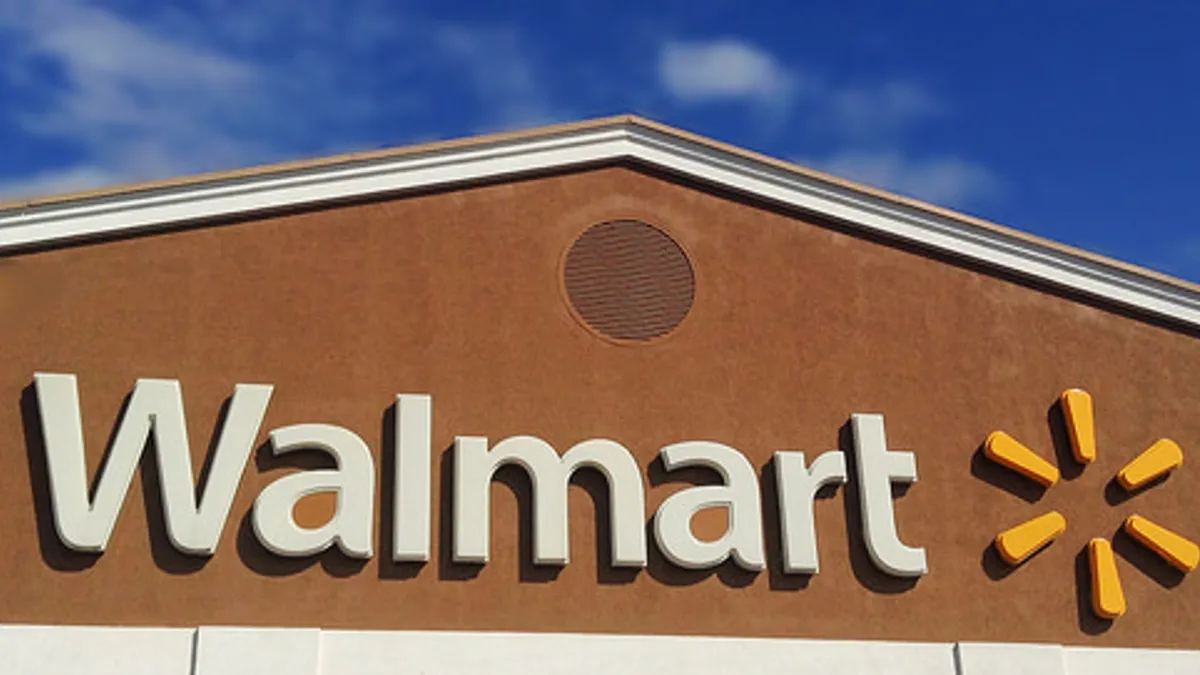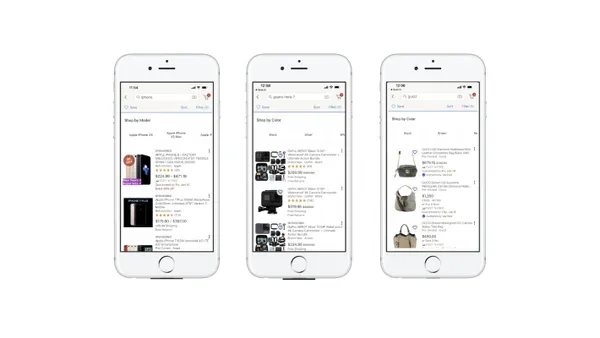Dive Brief:
- Wal-Mart is set to begin a broad-reaching international test of blockchain shared digital ledger technology, using the highly encrypted tech to track produce transactions in the U.S. and pork-related transactions in China in an effort to improve food safety, according to The Wall Street Journal.
- Wal-Mart is partnering with IBM and China's Tsinghua University on the project, which is slated to start in the first quarter of 2017 and will last for four months.
- The blockchain system used for the pilot project is built on IBM’s version of the open-source Hyperledger platform, and the aim is to record data about all parties and transactions involved in products — in this case pork and produce — being sold in Wal-Mart stores.
Dive Insight:
This pilot project will be worth watching, as it appears to be one of the first (and perhaps the largest) blockchain technology implementations by a major retailer thus far. Blockchain has become key to tracking highly complex transactions in the financial services industry, and its security capabilities have been honed by that sector's sensitivities. Accenture Consulting recently forecasted that blockchain is destined to be used in retail in a big way, and soon.
For any industry in which it is used, the big benefits of blockchain have to do with accountability and transparency. It's a shared system designed to draw contributions from every party involved in every stage of creating, moving and delivering a product, so it could be a perfect for companies involved in food sales at a time when food safety constantly is being called into question. It could have an especially significant impact for the biggest international retailers, like Wal-Mart, that rely on a variety of different suppliers and supply chains to bring products to market.
It appears that Wal-Mart already may be sold on the value that blockchain could bring to its operation, but is more interested in using the pilot project to figure out how it could be deployed and used by farmers and other who are involved in the earliest phases of the food product chain. If the pilot pays off in a much broader use of blockchain, Wal-Mart could very well become known as a leading implementer of the technology, much in the same way as it has become a sustainability leader.













